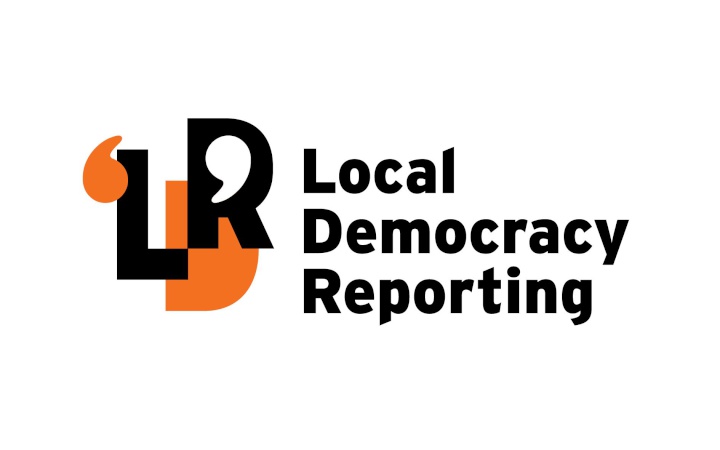Hakatere Huts residents have begrudgingly accepted an apology from council in the hopes of reaching a solution in their battle over bollards.
Anger erupted in the small Canterbury community when Ashburton District Council closed the Upper Hakatere reserve to camping and installed bollards to block vehicle access in February 2023.
Ashburton District Council chief executive Hamish Riach apologised on Monday, accepting a report to the council “contained a misstatement” about an apparent compromise being reached with residents.
A working group - made up of representatives from council and residents - had not reached “a consensus point of view” to move the bollards to improve picnic area access, while continuing the camping ban, Riach said.
This had been incorrectly suggested
in a recommendation adopted by the council last week.
The
working group will now meet again to negotiate a solution,
which would be relayed to councillors at a meeting in
August, Riach said.
Working group Hakatere community representatives Gary Clancy, TJ Jonker, and Sheryl Hendriksen said the debacle had rocked their confidence in the process.
“The whole thing has raised questions
about the integrity of what goes on within council,”
Clancy said.
“We are expecting democracy to prevail
here.”
Yonkers said he accepted the apology but hoped they “find out where this all went wrong”.
He was bemused by the fact that two of the councillors on the working group - Tony Todd and Richard Wilson - were at the meeting and didn’t question the report's accuracy before voting.
That decision will now be rescinded ahead of the working group working on an agreed recommendation to take back to the council, something it hasn’t found yet after two meetings.
The working group was created after residents presented a petition to council in April asking for the bollards to be removed and the campground be reinstated.
The Hakatere representatives on the working group believe they were “never mandated to negotiate a compromise” from the petition's request.
With the council appearing adamant that camping will not be reinstated, and based on the detail around the bollards in the erroneous report, the representatives feel another community meeting will be required to gauge what level of concession, if any, is deemed acceptable.
“There can’t be a compromise negation from us until we have the mandate from our people to do that,” Clancy said.
“When the council comes up with a proposal we would expect reasonable opportunity to consult the community.”
The bollards, which Clancy called “a bloody blight on the landscape”, look to be at the crux of any negotiated solution.
“The majority of us feel the bollards are not giving us access to utilise our reserve,” Hendriksen said.
The report to the council also included a letter from residents Carol Stewart and Tracey Tubman that suggested some residents supported the continued exclusion of camping at the reserve.
They felt the “million dollar views” of the site are better shared with daytime picnickers than “campers that disrespect the area”.
The letter also suggested some residents may have felt pressured to sign the petition and requested one of them be invited to any future working group meetings so their views are represented.
“At this stage, there is no intention to review membership of the working group,” Riach said



 Gordon Campbell: On Why The Regulatory Standards Bill Should Be Dumped
Gordon Campbell: On Why The Regulatory Standards Bill Should Be Dumped NZ Labour Party: Timid Tariff Response Fails New Zealanders
NZ Labour Party: Timid Tariff Response Fails New Zealanders NZ National Party: National Party Bill To Crackdown On Anti-social Behaviour
NZ National Party: National Party Bill To Crackdown On Anti-social Behaviour Te Whariki Manawahine o Hauraki: 'No One Came' - How Māori Communities Were Abandoned During Cyclone Gabrielle
Te Whariki Manawahine o Hauraki: 'No One Came' - How Māori Communities Were Abandoned During Cyclone Gabrielle Government: WorkSafe Makes Significant Shift To Rebalance Its Activities, Launches Road Cone Hotline
Government: WorkSafe Makes Significant Shift To Rebalance Its Activities, Launches Road Cone Hotline The Tree Council: Auckland Council Notifies Plan Change 113 Notable Trees
The Tree Council: Auckland Council Notifies Plan Change 113 Notable Trees ACT New Zealand: ACT New Zealand Celebration Brunch - David Seymour's First Speech as Deputy PM
ACT New Zealand: ACT New Zealand Celebration Brunch - David Seymour's First Speech as Deputy PM


